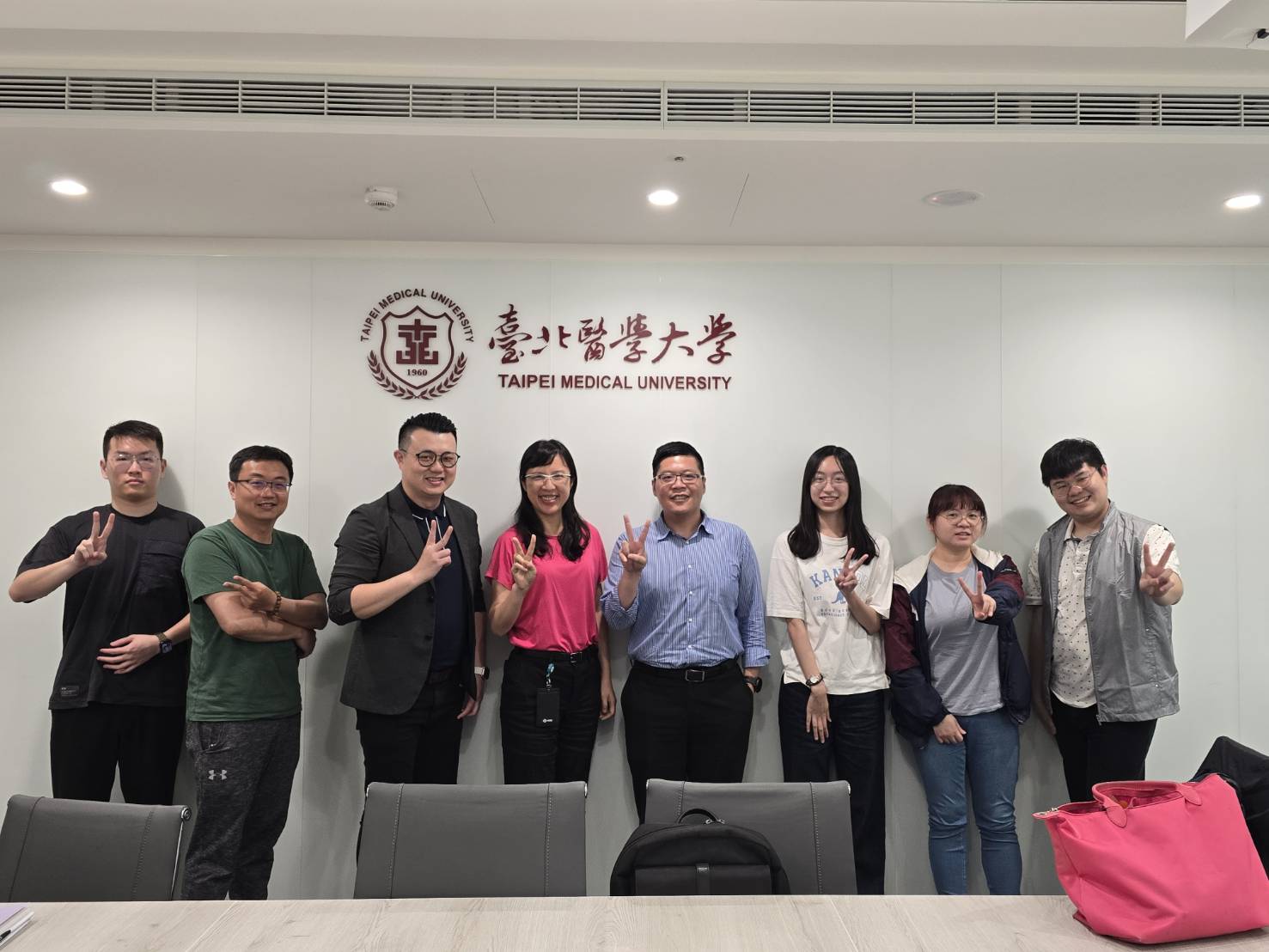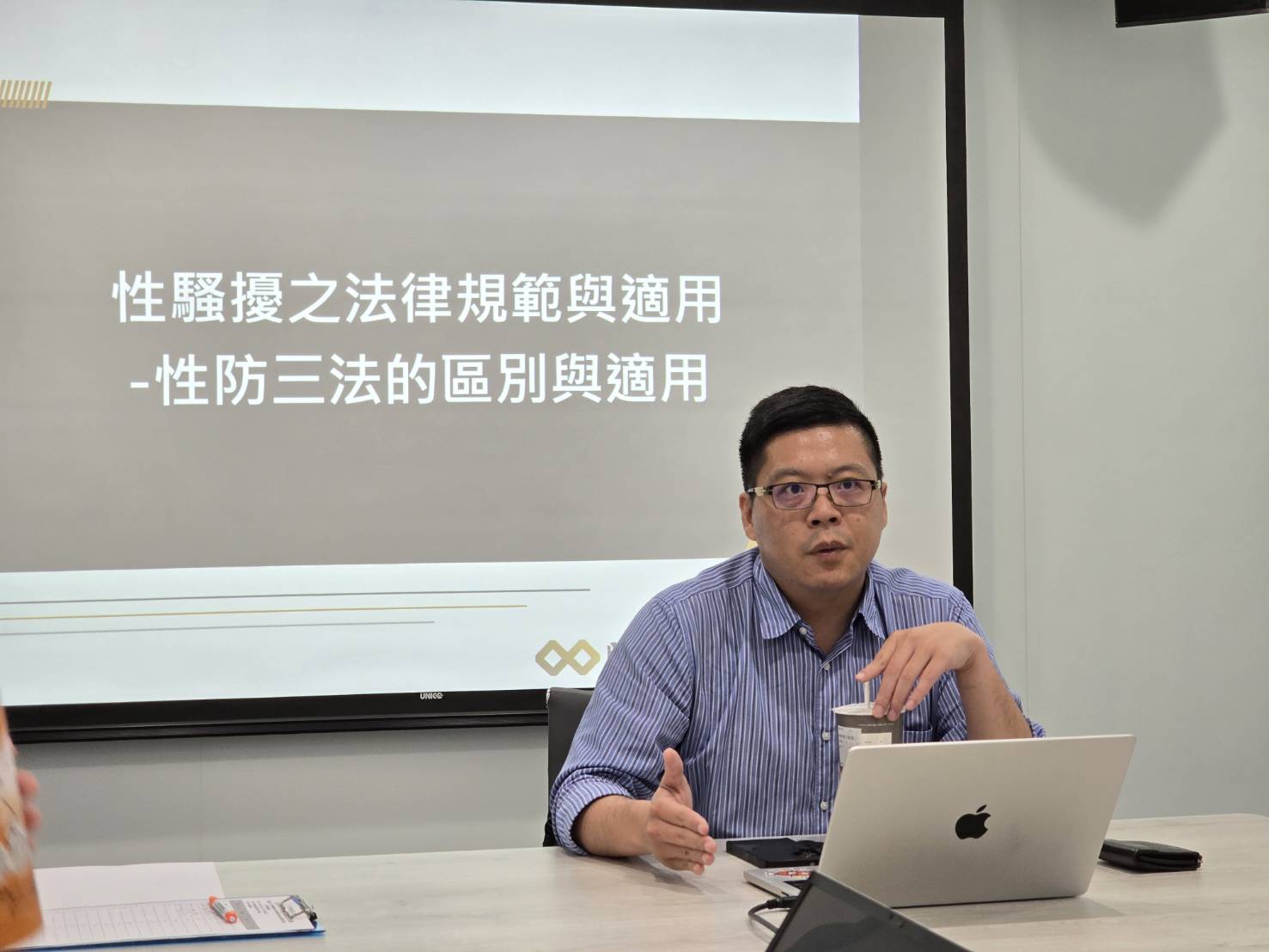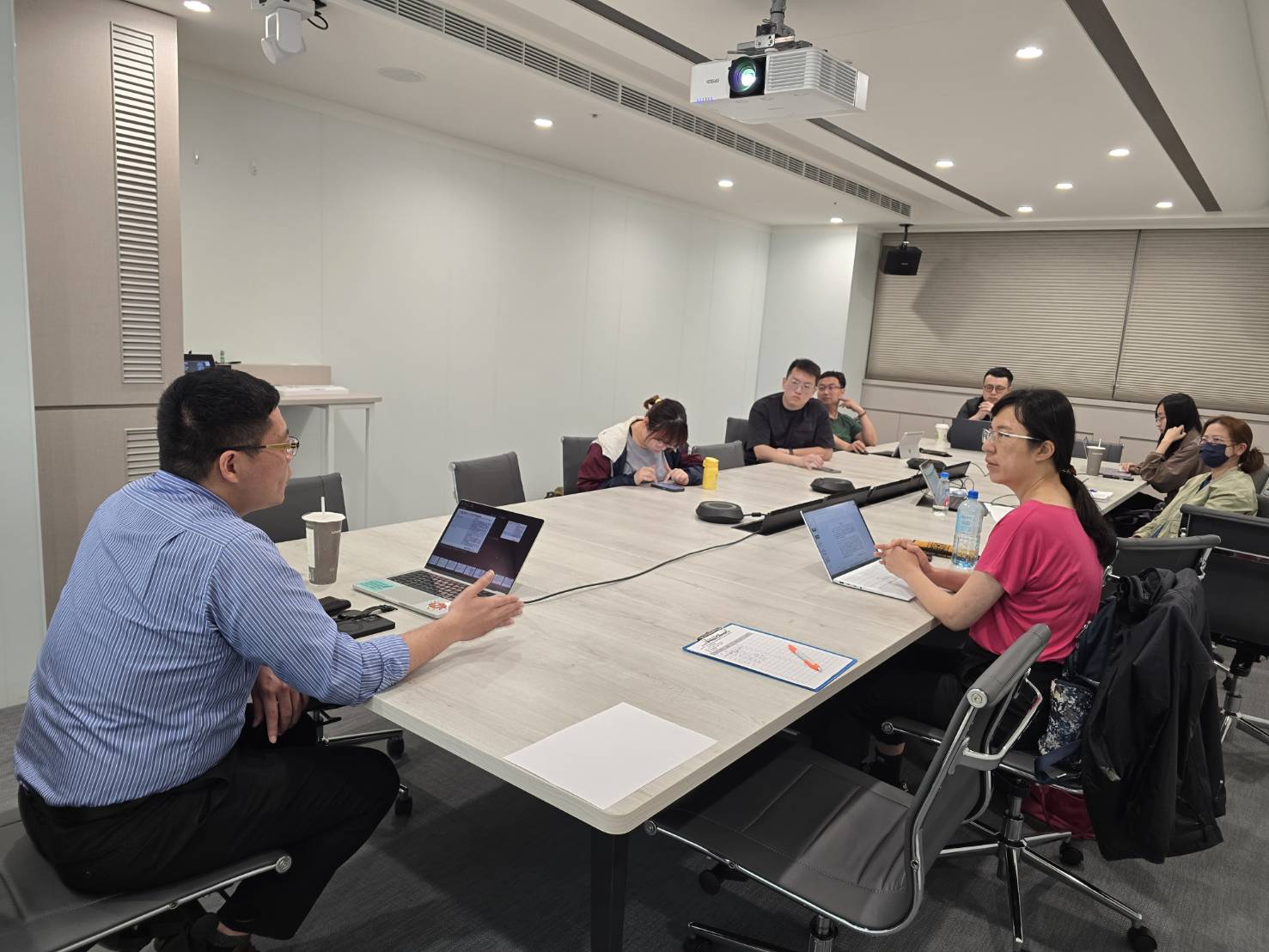

Taipei Medical University's Graduate Institute of Health and Medical Law and the Student Counseling Center jointly invited Attorney Cheng Chü-wei from Sheng Lun Law Firm to deliver a profound legal discourse on the topic of "The Determination and Disputes of Sexual Harassment."
The lecture began by clarifying the applicability of the law. Attorney Cheng emphasized that when faced with a sexual harassment incident, the primary task is to choose the correct legal channel. He provided a detailed analysis of Taiwan's current Gender Equality in Employment Act, Gender Equity Education Act, and Sexual Harassment Prevention Act, pointing out that their scope of application depends on the "identity" of the parties involved and the "setting" where the incident occurred. For instance, incidents on campus are governed by the Gender Equity Education Act, while workplace-related issues fall under the Gender Equality in Employment Act. He also cited a ruling from the Ministry of Labor, noting that when an employee is harassed by an "unspecified person," such as a customer or patient, the investigation and punishment procedures of the Sexual Harassment Prevention Act will apply, as it is difficult for the employer to investigate or discipline the perpetrator.
The discussion then shifted to the most crucial aspect: the standard for determination. Attorney Cheng directly addressed the common misconception: "Is it sexual harassment just because I feel uncomfortable?" He explained that the legal judgment is far more nuanced, requiring consideration of both "objective" and "subjective" dimensions. Objectively, a "reasonable person standard" is applied to assess whether an ordinary person would also feel offended in the same situation. Subjectively, it must be determined whether the person involved indeed felt hostility or coercion, and whether their dignity, work performance, or other aspects were substantially affected. He also reminded the audience that the perpetrator's "intent" is not the ultimate decisive factor, as unknowable internal thoughts cannot override the objective facts of the act and the subjective feelings of the person affected.
To make these legal concepts more relatable, Attorney Cheng analyzed several real-life cases. From inappropriate lewd jokes among colleagues to unwanted physical contact under the guise of a "greeting," these cases clearly illustrate that even if an act does not constitute a criminal offense, it may still be recognized as harassment and result in administrative penalties. Furthermore, he discussed a case of a customer's excessive pursuit through long-term text messaging, where the victim's initial silence followed by an eventual request to stop was sufficient evidence of the act being unwelcome. A particularly thought-provoking case from the lecture was a recent court ruling that found the repeated touching of another person's motorcycle seat to be sexual harassment, reasoning that the act was considered "indirectly touching the buttocks" and carried strong gender-related connotations.
Throughout the lecture, Attorney Cheng deconstructed the issue with clear legal principles and vivid case studies, outlining the complex and nuanced considerations in determining sexual harassment. It was not merely a transfer of legal knowledge but also a session that guided attendees to deeply reflect on the boundaries of interpersonal interaction.
#TMU #MedicalLaw #GuestLecture #GenderEquity


